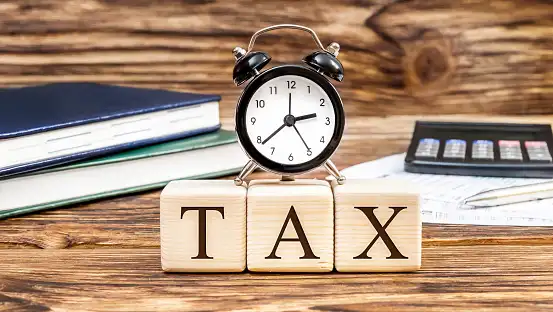INSUBCONTINENT EXCLUSIVE:
By Dinesh KanabarNo one expected the last (albeit interim) Budget of the current government to be a humdrum affair
And although there were no path-breaking announcements, there were some changes in the tax regime that could be quite far reaching in their
own right.
These included tax relief in the form of rebate for individuals with income of up to Rs 5 lakh, an exemption for notional rent
from a second self-occupied property, extending the rollover benefit on capital gains of up to Rs 2 crore from one to two residential homes
and benefits for the real-estate sector.
While these changes and their impact have been discussed extensively over the last few days, it is
perhaps also important to see what these changes signify, from a larger perspective of how our tax system is likely to evolve in the coming
The finance minister spoke of how the number of returns filed has grown from 3.79 crore to 6.85 crore in the past few years
While this is impressive, there is no denying that we still have a long way to go
If the exemption for those earning up to Rs 5 lakh had been effected through a change in slab rates, it could have resulted in a fall in the
numbers of taxpayers required to file income tax returns, which would have negated the gains of the past few years
Perhaps, in recognition of this, the relief was structured as a rebate, which would mean that return filing obligations remain intact
With increasing use of technology, one may further expect the returns filing processes to be simplified and streamlined, so as to minimise
the compliance burden on taxpayers with nil or low tax dues.
The Budget also seems to recognise some key societal changes in the way Indians
live and work today and seeks to reorient the tax regime accordingly.
For instance, the exemption for notional rent on a second self
occupied house reflects the increase in internal migrations, and the need for many individuals to maintain second homes to support parents
or children staying elsewhere
Permitting a taxpayer to roll over gains on sale of a house by investing in two houses is also an outcome of this recognition.
The only
sector that saw substantive changes in the Finance Bill was real estate
There was an extension of the tax holiday for affordable housing projects, and a modification of provisions relating to taxing notional rent
on unsold inventory.
The latter provision will now apply only to properties which are unsold beyond two years from the project completion
This again reflects the importance that is attached to this sector.
Lastly, the Budget reflects the importance of technology, both in
expanding the tax base as well as improving the overall taxpayer experience.
And although one waits to see how the process of return
scrutiny by an anonymised back office will work in practice, the planned processing of returns and issue of refunds within 24 hours will
truly be a game changing development.
With a full-fledged Budget after the elections less than six months away, it may also help to take a
quick stock of what is in store in the days ahead
The new Direct Taxes Code is on the anvil, and although this will likely be taken up only after the elections, public consultations and
debate may begin soon.
Taxpayers will also be watching the next budget closely to see if there are rate cuts for companies and firms, a
rationalisation of MAT and DDT regimes, and changes (and possibly a repeal) of the angel tax provisions.
Until then, of course, all eyes
will be on the political arena.

